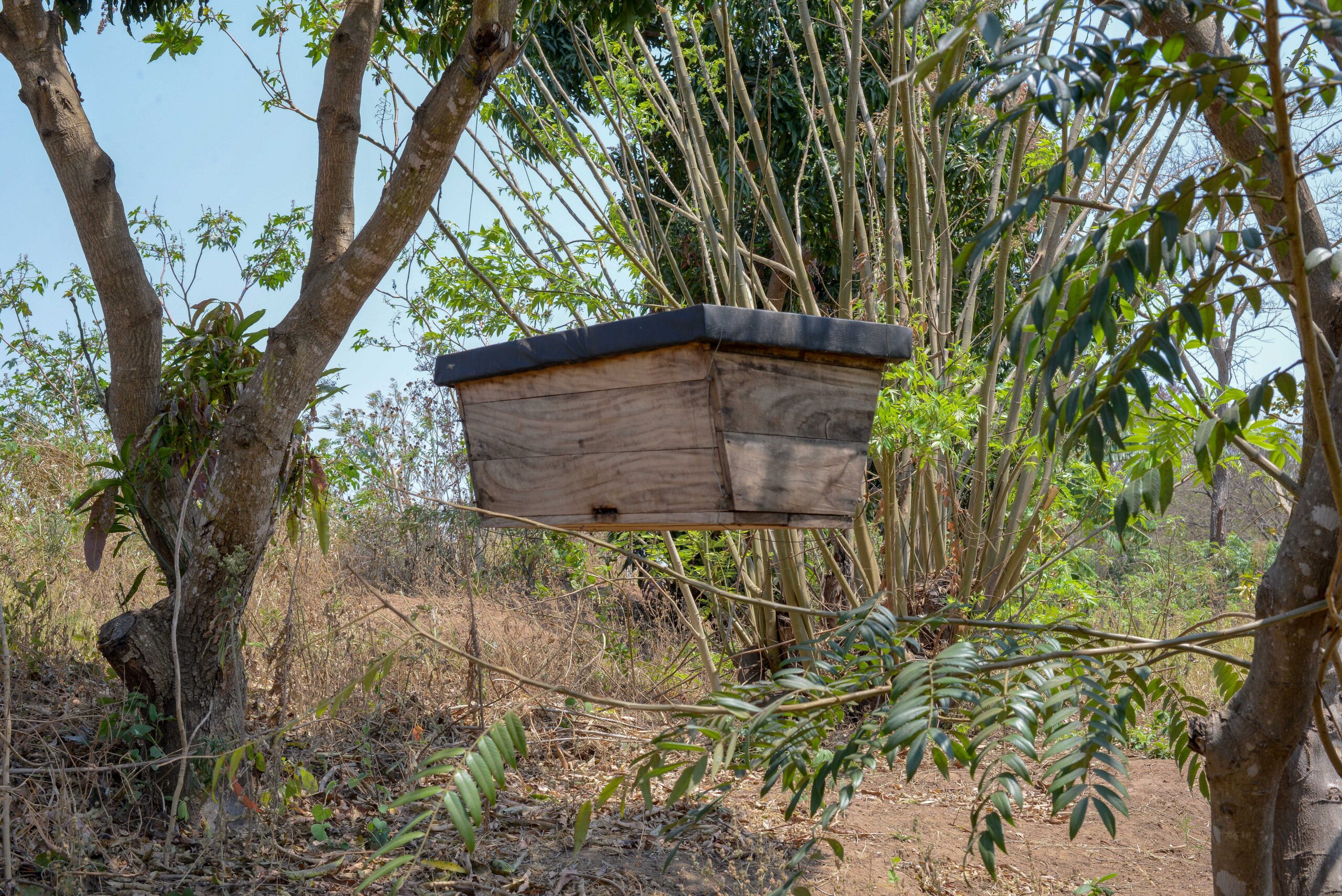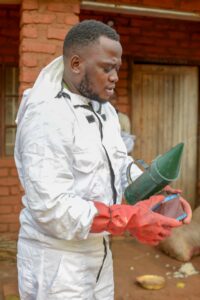
“If the bee disappeared off the face of the Earth, man would only have four years left to live.”
That quote, despite being wrongly attributed to Albert Einstein, still has great wisdom.
World Bee Day as the name suggests is a worldwide day of awareness on the essential role bees and other pollinators play in keeping people and the planet healthy, and on the many challenges they face today.
Climate change, especially loss of wild spaces is having detrimental effects on not just the environment but our agriculture – the bee and the food on our plates are intrinsically linked.
Today bees, pollinators, and many other insects are declining as a result of de-wilding and loss of habitats which can support nature’s busiest workers.
This year’s theme, “Bee inspired by nature to nourish us all”, highlights the critical roles bees and other pollinators play in food systems and the health of our planet’s ecosystems. Their decline in numbers jeopardizes food production, increases costs and makes food insecurity worse, particularly for rural communities.
Pollination is essential for supporting the production of more than 75% of the world’s crops, including fruits, vegetables, nuts and seeds. (UN, 2025). In food insecure regions and in the context of where we work – supporting farming communities is key to development and sustainability linked to all over areas of life and society.
In Malawi, around 85% of the population rely on agriculture with small scale farmers making the vast majority of the population already struggling from poverty and harsh weather worsened by climate change.
Partnered with the Jesuit Centre for Ecology and Development (JCED), the Tasinth Mlimi project, co-funded by Misean Cara, is focused on building resilience in vulnerable communities by way of improving food security whilst building grassroot knowledge of sustainable farming practices.

JCED field officer, Simplex, giving small scale farming communities a workshop on honey harvesting
A major part of this project is focused on promoting green business and building the capacity of marginalised communities to go beyond subsistence farming to building livelihoods and enterprise whether that is developing and selling nursey samplings/planters to honey production.
Apiculture is an area which not only promotes new avenues for income but instils in farmers the need to cooperate with nature because honey cannot happen if wildlife isn’t given the care in farming practices.
At the core of JCED’s workshops is about building sustainable farming practices and accompanying communities to take ownership and pride in their land seeking to gain more knowledge to boost crops and champion green businesses.
Last year, as result of trainings, project farmers are harvesting an average of 15 litres per hive and schools in Kasungu have also been encouraged students to venture into apiculture too! In June last year, Kasungu LEA Primary School harvested an impressive 20 litres of honey from their hives!
The Tasinth Mlimi project continues to empower and transform communities not only by supporting livelihoods but strengthening people’s relationship with nature and honey is the perfect of example of how through caring for nature – there can be sweet rewards!
At IJI we believe no one should be left behind especially those suffering from the consequences of climate change they didn’t contribute to.
You can do something amazing today by purchasing a bee hive, for #BeeDay and support the work of farmers in Kasungu transforming their communities.
Visit: www.gifts.iji.ie

